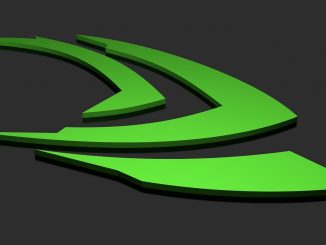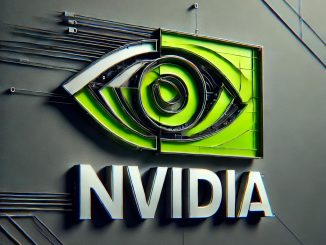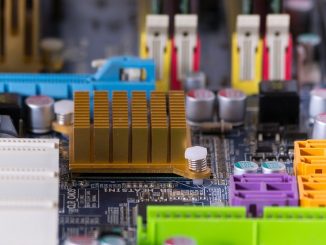
Nintendo formally unveiled the Nintendo Switch console, previously known as “NX” before its public debut. What makes this device unique from others is that it comes with a tablet format for the primary gaming hardware as well as the modular ‘Joy-Con Grip’ controller. Meaning, it has the ability to transition from being a home to portable game console. This is the Japanese company’s latest revolutionary offering of a modernized home/handheld hybrid console.
Prior to the announcement, there were rumors promulgating around the hardware component of Nintendo Switch console. Some assumed that the AMD would power up the new Nintendo Switch, which turned out to be false. NVIDIA (NASDAQ:NVDA) won the Nintendo Switch with its most advanced Tegra processor, which is considered the most powerful tablet-form factor chip in the market today.
The specifics concerning the hardware of Nintendo Switch remain a mystery to date. The company has not announced the capacity, connectivity, system’s speed, tablet resolution, or any other technical details. What we know so far is that the Nintendo Switch uses NVIDIA’s Tegra technology, which has its own GPU with the same architecture as GeFore gaming graphics card. NVIDIA’s fully customisable software, including smarter physics engine, advanced game tools, and new libraries will ensure enhanced gaming experience. NVIDIA also made Nintendo Switch’s console lightweight and portable by adding the newest API, NVN.
NVIDIA, on the other hand, stands to benefit from the Nintendo partnership, purportedly to amass $320 million annually. More so that analysts believe while Nintendo remains uncompetitive against other gaming console brands, Switch can potentially gain more shipments. While the price point is still unknown, case studies of Wii and Wii U may be indicative of Switch’s expectations. In the first year of launch, Wii shipped 13 million units and Wii U shipped 4 million. “Assuming 5-8 million units at a $40 ASP for Tegra translates to $200-320m in revenues and $0.11-0.16 in EPS,” reports Jefferies & Co.’s Mark Lipacis. Speaking of Nvidia’s stock. The issue has advanced 11.70% in the last 4 weeks and 28.44% in the past three months. Over the past 5 trading sessions the stock has gained nearly 8 percent.
The $39.5 billion Santa Clara, California-based tech company, currently trading at $72.54, has a median Street price target of $68 with a high target of $85. NVDA is up 155.54% year-over-year, compared with a 3.48% gain in the S&P 500.
Investor’s Sympathy Shift
Meanwhile, Nintendo shares fell 5.7 percent right after the company released a teaser of the new Switch console. And recently, specifically on Monday, the company tumbled by another 3.4 percent.
While gamers’ feedback remains optimistic, investors of the company do not seem to share the same sentiment. Some analysts think that the hybrid-style console, even with its revolutionary features, was predictable. The teaser video also excludes children, which they deduced as a change in demographic focus. Nintendo also showed too little new gaming content. In the preview, footage of Zelda game was shown but the game too was predictable, along with NBA 2K, which is another sign of shifting demographic focus.
Notwithstanding investors’ sympathy, Nintendo Switch hybrid console has definitely created a buzz in the gaming industry. Nintendo might have intended to create heightened anticipation before the release by revealing too little. Apart from the NVIDIA processor news, there is little to say about Nintendo Switch. For now, we leave the other details to our imagination.
Nintendo Switch will be available in March 2017.




Leave a Reply